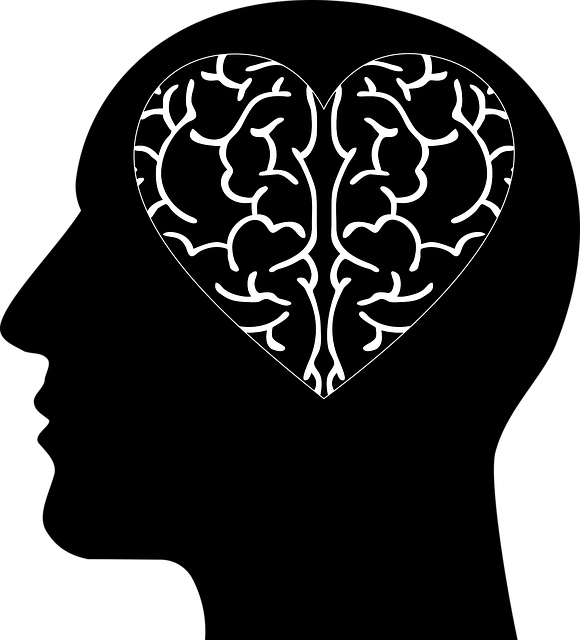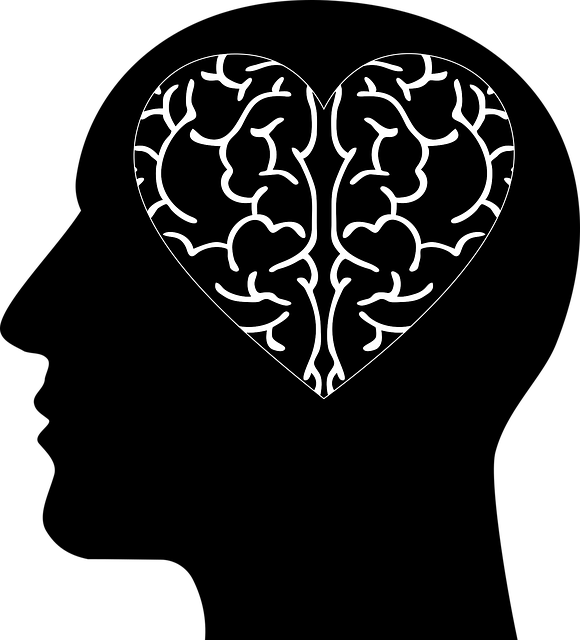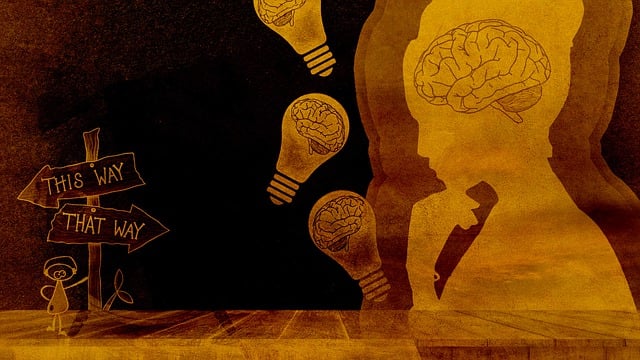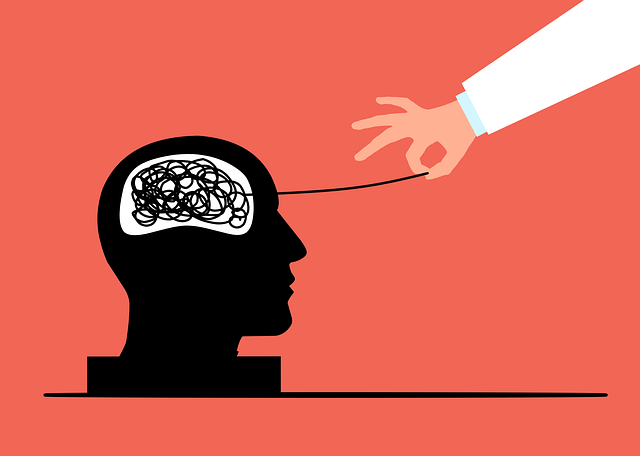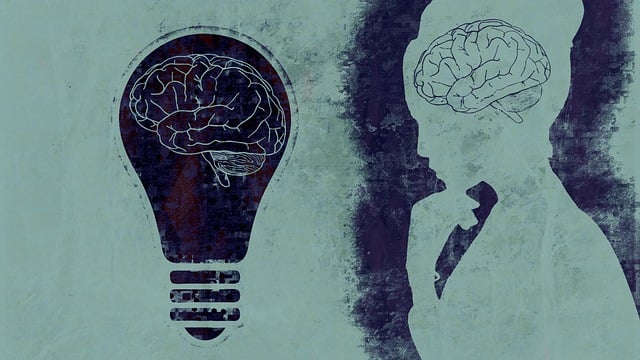Mental health crisis hotlines are vital resources for children with chronic illnesses, offering immediate support, tailored therapy, and coping strategies via trained professionals. These services promote resilience, self-care, and mental well-being, preventing burnout. With 24/7 availability, cultural sensitivity, and specialized training, they provide a safe haven for expression and a gateway to effective therapy (Therapy for Children Chronic Illness), normalizing help-seeking behaviors and addressing unique challenges faced by young patients.
“In today’s fast-paced world, mental health crisis hotline support services act as a lifeline for children grappling with chronic illnesses. These dedicated resources offer immediate assistance, empowering young individuals to navigate their challenges. This article explores the multifaceted role of crisis hotlines in providing therapy and access to vital resources for children with chronic conditions.
We delve into the impact on young lives, the availability of trained professionals, and how these services ensure effective help is accessible to those who need it most, especially when traditional therapy might be out of reach.”
- Understanding Mental Health Crisis Hotlines: A Lifeline for Children with Chronic Illnesses
- The Impact of Crisis Support Services on Young Lives
- How These Hotlines Provide Access to Therapy and Resources
- Training and Availability: Ensuring Effective Help is Within Reach
Understanding Mental Health Crisis Hotlines: A Lifeline for Children with Chronic Illnesses

Mental health crisis hotlines offer a crucial support system for children living with chronic illnesses. These dedicated resources provide immediate assistance during intense emotional or psychological crises, ensuring young individuals feel heard and understood. When faced with the challenges of managing a chronic condition, children may experience heightened stress levels, anxiety, or even despair. Hotlines staffed by trained professionals serve as a lifeline, offering not just a listening ear but also guidance on coping strategies tailored to their unique situations.
Accessing therapy for children with chronic illnesses through these hotlines can significantly contribute to burnout prevention and the development of healthy self-care routines. The support received can empower kids to build resilience and boost their confidence in managing their health. By providing a safe space to express their feelings, hotlines play a vital role in promoting overall mental well-being, ensuring children feel equipped to navigate the challenges that come with living with a chronic illness.
The Impact of Crisis Support Services on Young Lives

The impact of crisis support services on young lives cannot be overstated, especially for those grappling with chronic illnesses and their mental health consequences. These services offer a lifeline for children who may feel isolated or overwhelmed by their conditions, providing immediate access to professional therapy tailored to their unique needs. By integrating self-care practices into the care model, crisis hotlines foster resilience in young individuals, equipping them with coping mechanisms to navigate life’s challenges.
Cultural sensitivity in mental healthcare practice is a cornerstone of these support services. Recognizing the influence of cultural background on an individual’s experience and expression of trauma, these hotlines ensure that children from diverse backgrounds receive care that respects their beliefs and values. This approach not only enhances the effectiveness of therapy but also builds trust between the young people and their mental health support system, encouraging them to reach out for help when needed.
How These Hotlines Provide Access to Therapy and Resources

Mental health crisis hotlines serve as invaluable gateways to therapy and support for individuals across various demographics, including children grappling with chronic illnesses. These services offer immediate assistance, providing a safe space for individuals to express their feelings and concerns without judgment. Trained professionals on these hotlines employ empathy-building strategies to foster trust and understanding, ensuring that callers feel heard and supported.
Beyond offering immediate crisis intervention, hotlines also connect people to a range of resources, including therapy options tailored for children with chronic health conditions. This may involve specialized therapy types, such as social skills training, designed to address the unique challenges these individuals face. Furthermore, cultural sensitivity in mental healthcare practice is a cornerstone of these services, ensuring that callers from diverse backgrounds receive care that respects and incorporates their cultural perspectives and beliefs.
Training and Availability: Ensuring Effective Help is Within Reach

Mental health crisis hotline support services are only as effective as the people behind them—and that’s where comprehensive training comes in. Professionals answering these hotlines undergo rigorous training to handle a wide range of mental health issues, including those affecting children with chronic illnesses. This specialized training ensures they’re equipped to provide not just immediate support but also guidance tailored to complex needs. From risk assessment and crisis de-escalation techniques to resilience building and stress reduction methods, the skill set is vast.
Availability is another crucial aspect. These hotlines operate 24/7, ensuring that help is within reach whenever a mental health crisis arises. This round-the-clock support is especially vital for children with chronic illnesses, whose emotional well-being can be as vulnerable as their physical health. By making such services easily accessible, communities are fostering an environment where seeking help is normalized and seen as a proactive step towards managing and improving mental health outcomes.
Mental health crisis hotline support services play a pivotal role in providing therapy and resources for children with chronic illnesses, significantly impacting their young lives. By offering easy access to professional help, these hotlines ensure that no child suffering from a mental health crisis is left unsupported. With dedicated training and wide availability, they serve as a lifeline, fostering resilience and promoting the well-being of children navigating the challenges of chronic illness. For families seeking therapy for children with chronic illnesses, these services are invaluable resources in their journey towards healing and recovery.



